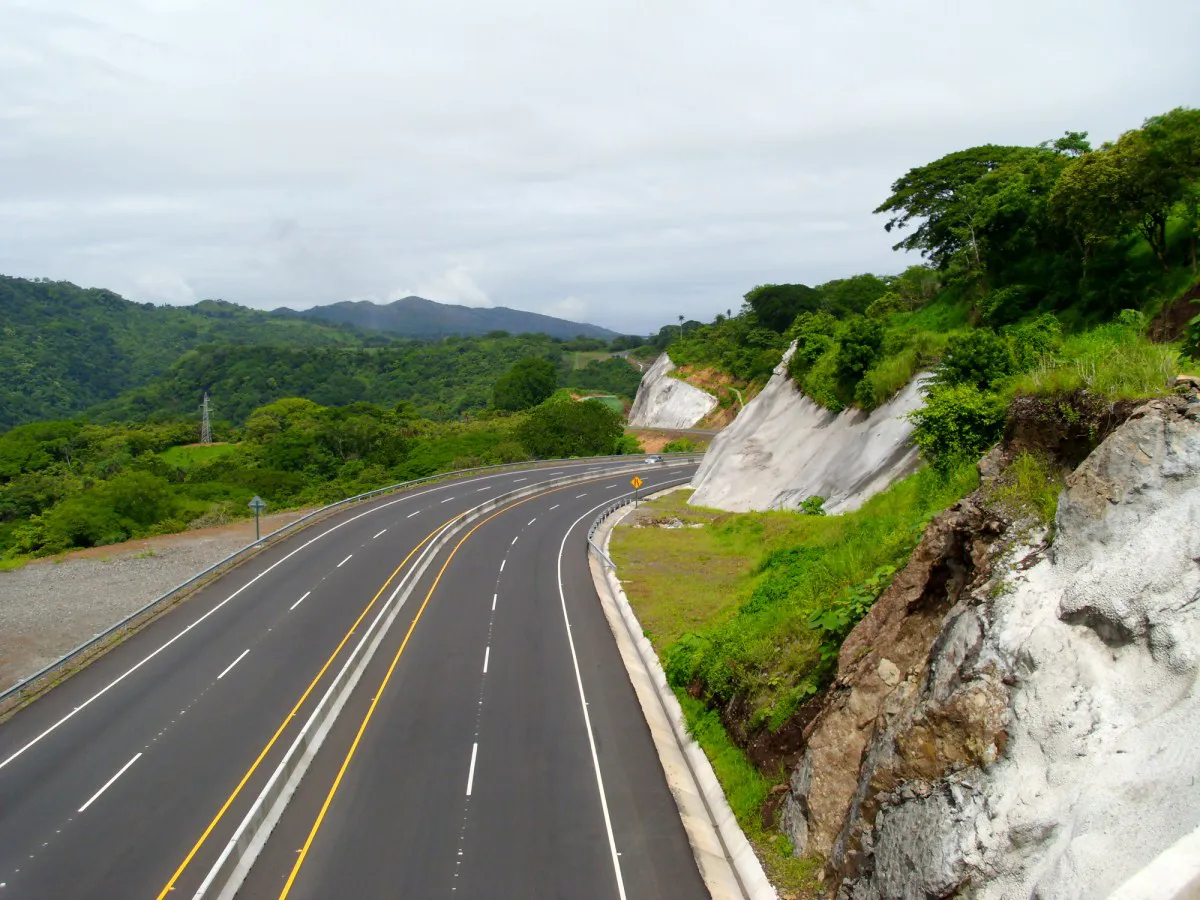Thailand’s government is planning to spend nearly US$25 billion in ten years from 2016 on overhauling Thailand’s road and rail transport infrastructure.
December 4, 2014
Read time: 1 min
Thailand’s government is planning to spend nearly US$25 billion in ten years from 2016 on overhauling Thailand’s road and rail transport infrastructure. A total of $24.74 billion (THB 800 billion) will be allocated by the Transport Ministry to the works which include developing inter-city highways, local roads and a comprehensive rail system. Work on the routes carried out by the Expressway Authority of Thailand will be included.








